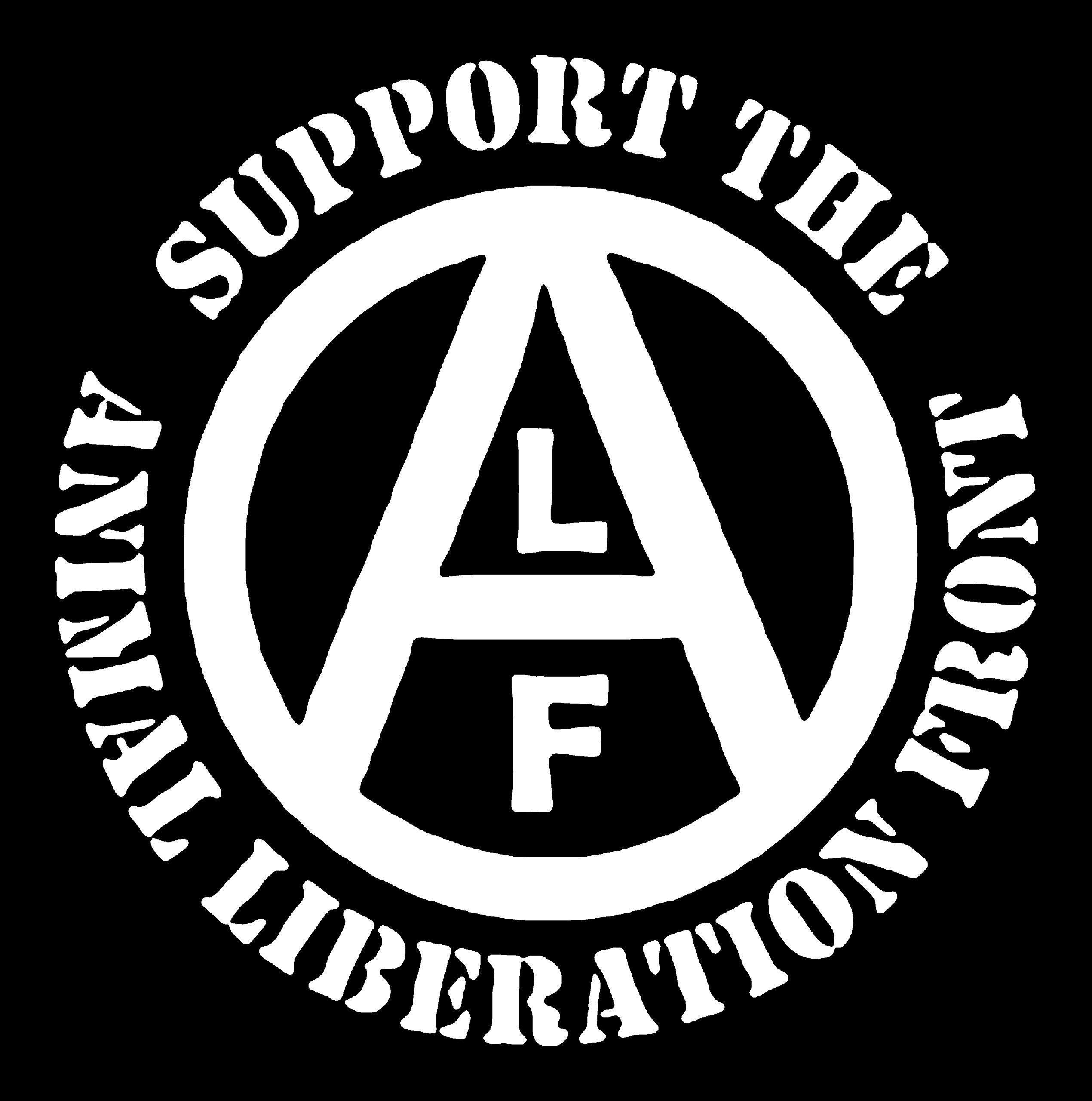- Buying fur/leather secondhand
- Repurposing secondhand/garbage animal products (like an old leather jacket or boots that are gonna be thrown away and making like a belt or wallet?
- Harvesting or using already dead animal products (like the fur from roadkill)
- Wool? Specifically wool from sources that you know treat the animals well?
- and this one is eating but is honey vegan? and if so why is honey vegan but wool from good sources different?
edit: pretty pls no struggle session I'm just curious to hear from people none of this is supposed to be a gotcha or anything
Secondhand products are in a gray area, because there’s not a clear consensus on it. Personally, i don’t use those, because i don’t want to spread the idea that those are commodities. Even if it’s secondhand, wearing the skin of an animal as jacket shows that it’s an acceptable behavior. It’s the same for backyard eggs. Of course those chicken aren’t exploited like the vast majority of chicken, but eating those eggs would perpetuate the idea that eggs are food. For example, i wouldn’t eat my pet that died of old age. It isn’t food, it’s a corpse.
As for honey, it’s definitely not vegan. On a lot of regions, honeybees aren’t a native species, and they’re imported to produce honey for humans. In the same time, they decimate populations of native bees, that are far more important for the ecosystem. Also (and i’d like someone to confirm/source it), some honey harvesting techniques are quite brutal and aggressive for the bees.
may an ignorant Chapo ask, why would wool be not vegan?
because it implies to keep sheep, breed them, genetically select them to produce an unhealthy amount of wool. It is animal exploitation. They don’t give consent, it doesn’t benefit them (you could say that they need to be sheared, but it’s because of that selective breeding)
huh, I never thought of it in that way. I just thought it was solely beneficial to the sheep since they need to be sheared, but it never crossed my mind it was because humans had bred them to be that way
it doesn’t benefit them
idk if I were a sheep I'd definitely prefer being captive bred in an ethical scenario (as in sufficient space, good food, etc) over being wild. in captivity you get food, security from predators, medicine. The wilderness is hell
It's not one or the other. Either "sheep" (or whatever other herbivore you're substituting here) lives in nature, breeds, dies, et cetera, or the herbivores die in nature and we exploit them needlessly.
yeah, the fact is that sheep can’t actually consent, so we haven’t the right to decide for them that imprisonment is what they’d choose
yeah but that's a slippery slope to go down. you could say the same thing for cows, for example. but at the end of the day, it's a) not true, because it implies exploitation and abuse, and b) it's not our place to decide what is best for another sentient being
It's an animal product. You are an exploiting an animal for something that comes from its body. Not that different from milk or eggs.
Seems like kind of an odd thing to be focused on but I could see this being fine if you have a cultural use for it. If you turned it into a business that could be problematic.
oh this was just entirely out of curiousity, bc idk imo it's much better than it just going to waste

